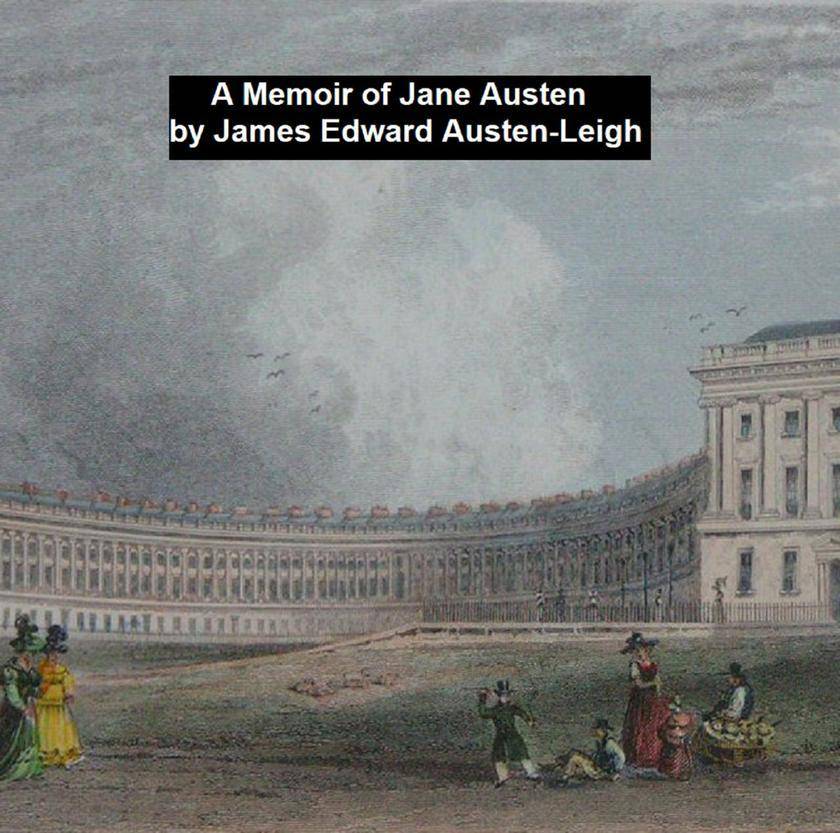
A Memoir of Jane Austen
¥8.09
According to Wikipedia: "A Memoir of Jane Austen is a biography of the novelist Jane Austen (1775–1817) published in 1869 by her nephew James Edward Austen-Leigh. A second edition was published in 1871 which included previously unpublished Jane Austen writings. A family project, the biography was written by James Edward Austen-Leigh but owed much to the recollections of Jane Austen's many relatives. However, it was the decisions of her close friend and sister, Cassandra Austen, to destroy many of Jane's letters after her death that shaped the material available for the biography."
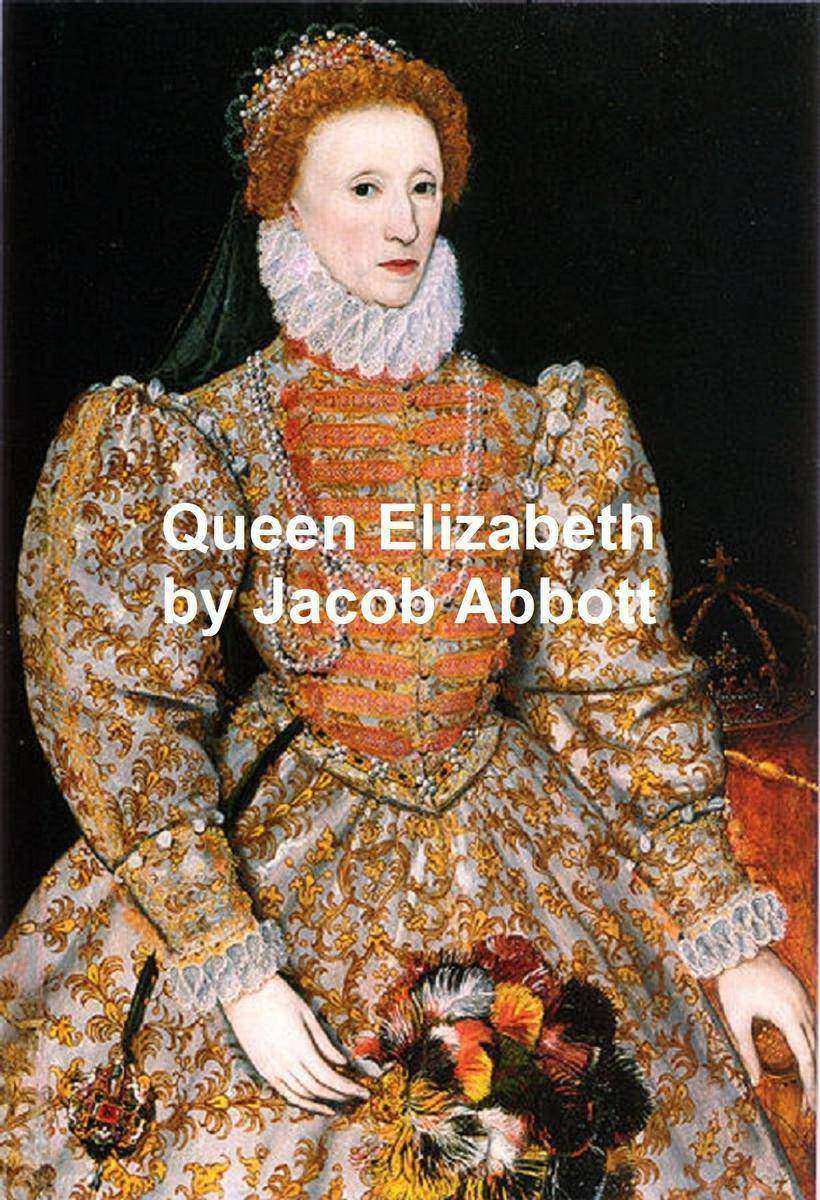
Queen Elizabeth
¥8.09
According to Wikipedia: "Elizabeth I (7 September 1533 – 24 March 1603) was Queen regnant of England and Queen regnant of Ireland from 17 November 1558 until her death. Sometimes called The Virgin Queen, Gloriana, or Good Queen Bess, Elizabeth was the fifth and last monarch of the Tudor dynasty. The daughter of Henry VIII, she was born a princess, but her mother, Anne Boleyn, was executed two and a half years after her birth, and Elizabeth was declared illegitimate. Her brother, Edward VI, bequeathed the crown to Lady Jane Grey, cutting his sisters out of the succession. His will was set aside, Lady Jane Grey was executed, and in 1558 Elizabeth succeeded the Catholic Mary I, during whose reign she had been imprisoned for nearly a year on suspicion of supporting Protestant rebels... Elizabeth's reign is known as the Elizabethan era, famous above all for the flourishing of English drama, led by playwrights such as William Shakespeare and Christopher Marlowe, and for the seafaring prowess of English adventurers such as Sir Francis Drake. Some historians are more reserved in their assessment. They depict Elizabeth as a short-tempered,[4] sometimes indecisive ruler,[5] who enjoyed more than her share of luck. Towards the end of her reign, a series of economic and military problems weakened her popularity to the point where many of her subjects were relieved at her death. Elizabeth is acknowledged as a charismatic performer and a dogged survivor, in an age when government was ramshackle and limited and when monarchs in neighbouring countries faced internal problems that jeopardised their thrones. Such was the case with Elizabeth's rival, Mary, Queen of Scots, whom she imprisoned in 1568 and eventually had executed in 1587. After the short reigns of Elizabeth's brother and sister, her 44 years on the throne provided welcome stability for the kingdom and helped forge a sense of national identity."
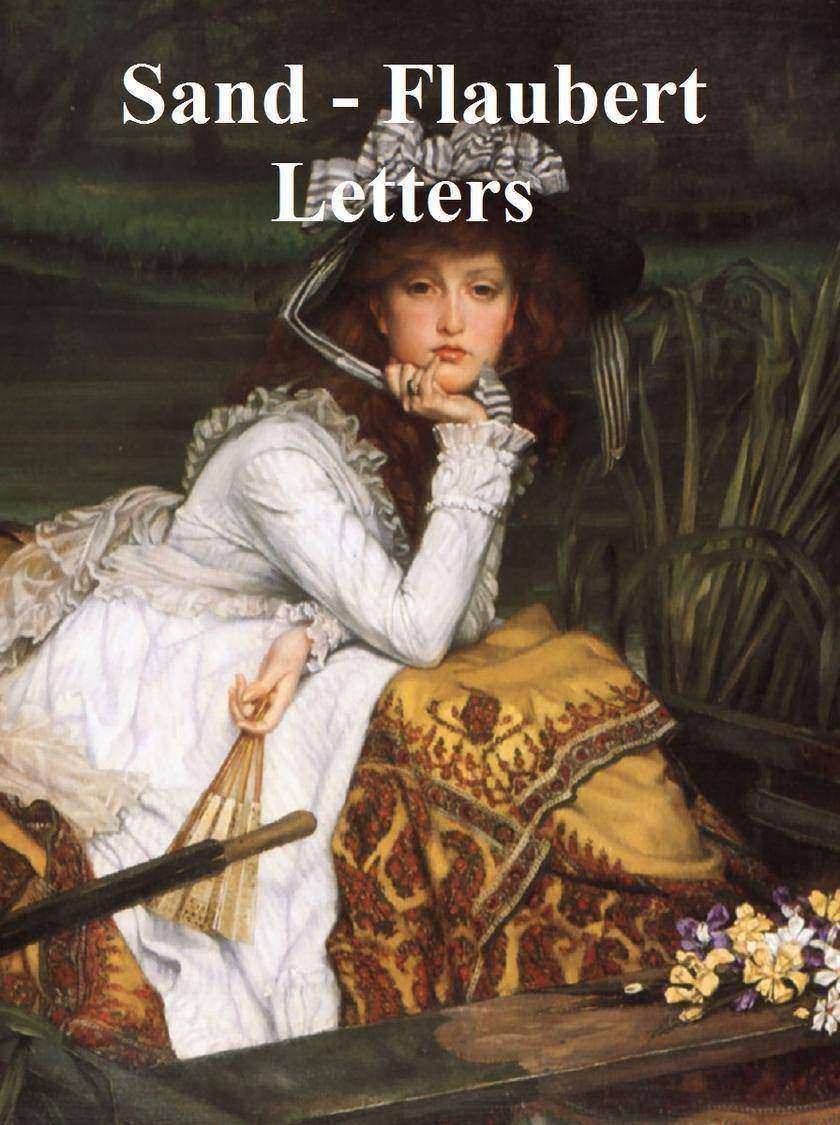
Sand - Flaubert Letters
¥8.09
Classic literary correspondence in English translation. According to Wikipedia: "Amandine Aurore Lucile Dupin, Baroness Dudevant (July 1, 1804 – June 8, 1876), best known by her pseudonym George Sand, was a French novelist and feminist.... A liaison with the writer Jules Sandeau heralded her literary debut. They published a few stories in collaboration, signing them "Jules Sand." She consequently adopted, for her first independent novel, Indiana (1832) , the pen name that made her famous – George Sand. Her first published novel, Rose et Blanche (1831), was written in collaboration with Jules Sandeau. Drawing from her childhood experiences of the countryside, she wrote the rural novels La Mare au Diable (1846), Fran?ois le Champi (1847–1848), La Petite Fadette (1849), and Les Beaux Messieurs Bois-Doré (1857). A Winter in Majorca described the period that she and Chopin spent on that island in 1838-9. Her other novels include Indiana (1832), Lélia (1833), Mauprat (1837), Le Compagnon du Tour de France (1840), Consuelo (1842–1843), and Le Meunier d'Angibault (1845). Further theatre pieces and autobiographical pieces include Histoire de ma vie (1855), Elle et Lui (1859) (about her affair with Musset), Journal Intime, and Correspondence..... Also according to Wikipedia: "Gustave Flaubert (December 12, 1821 – May 8, 1880) was a French writer who is counted among the greatest Western novelists. He is known especially for his first published novel, Madame Bovary (1857), and for his scrupulous devotion to his art and style, best exemplified by his endless search for "le mot juste" ("the precise word")."
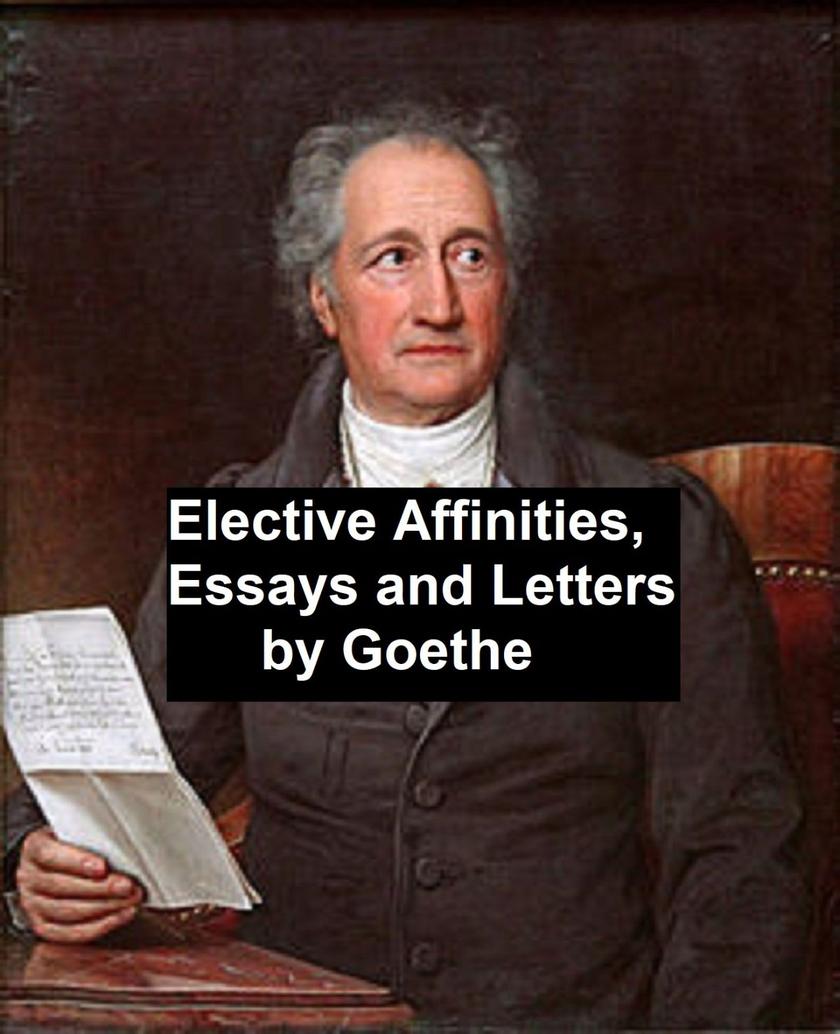
Elective Affinities, Essays, and Letters by Goethe
¥8.09
This collection includes: Elective Affiniities and shorter works by Goethe. The German Classics Of The Nineteenth And Twentieth Centuries, Volume 2, edited by Kuno Francke.
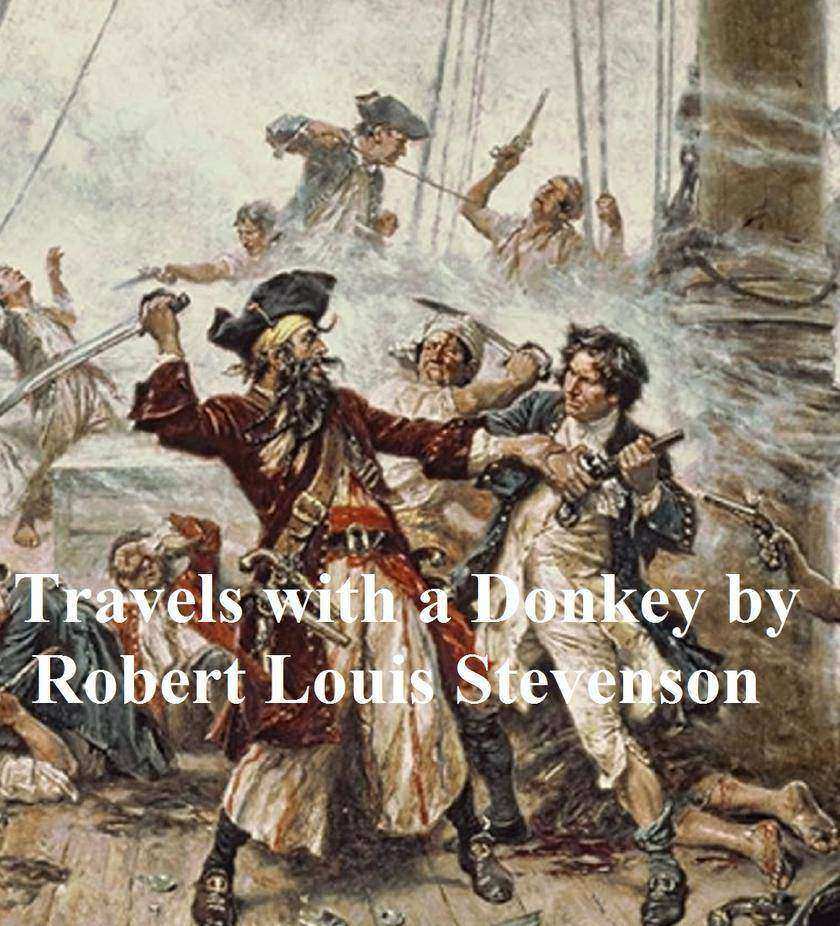
Travels with a Donkey in the Cevennes
¥8.09
Travelogue/memoir that begins "The journey which this little book is to describe was very agreeable and fortunate for me. After an uncouth beginning, I had the best of luck to the end. But we are all travellers in what John Bunyan calls the wilderness of this world - all, too, travellers with a donkey: and the best that we find in our travels is an honest friend. He is a fortunate voyager who finds many. We travel, indeed, to find them. They are the end and the reward of life. They keep us worthy of ourselves; and when we are alone, we are only nearer to the absent."
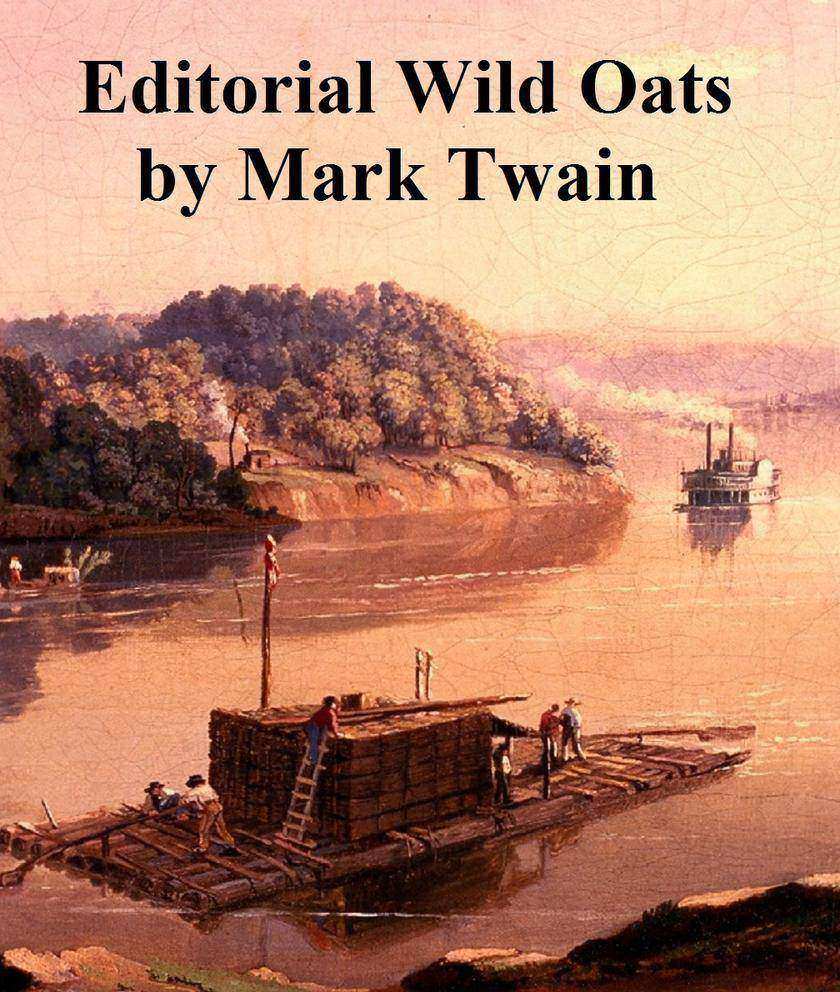
Editorial Wild Oats
¥8.09
Short collection of short humorous essays, including: PAGE MY FIRST LITERARY VENTURE, JOURNALISM IN TENNESSEE, NICODEMUS DODGE--PRINTER, MR. BLOKE'S ITEM, HOW I EDITED AN AGRICULTURAL PAPER, and THE KILLING OF JULIUS CAESAR "LOCALIZED".

Занимательный скальпинг. Часть 1
¥8.09
Занимательный скальпинг. Часть 1

Bitcoin and Cryptocurrency
¥8.09
Bitcoin and Cryptocurrency

A Kis Herceg
¥8.18
La ora la care scriu aceste r?nduri, revista Contemporanul se apropie de aniversarea a 130 de ani de la fondare, si ne ?ntreb?m, cu to?ii, iar??i ?i iar??i, ce schimb?ri s-au produs ?n peisajul cultural, literar, social ?n ultimii 20 de ani? Ce viitor vor avea cultura, literatura rom?n? vie ?n contextul acestor schimb?ri? Cum ??i va reveni din criza actuala, mai grav?, mai dramatic? dec?t criza economic? propriu-zisa fiind, f?r? ?ndoiala, profunda criz? moral? de care este cuprins? societatea rom?neasc?? R?spunsurile formulate de participan?ii la anchet? – precum ?i celelalte articole, eseuri, reportaje etc. – cuprinse ?n acest supliment aniversar vizeaz? ?i aceste aspecte, greu de neglijat, din v?rtejul evenimentelor istorice, din acest dramatic prezent, rezist?nd, spre gloria na?iunii rom?ne, Excelen?a Sa, cultura, literatur? rom?n? vie. (Aura Christi)
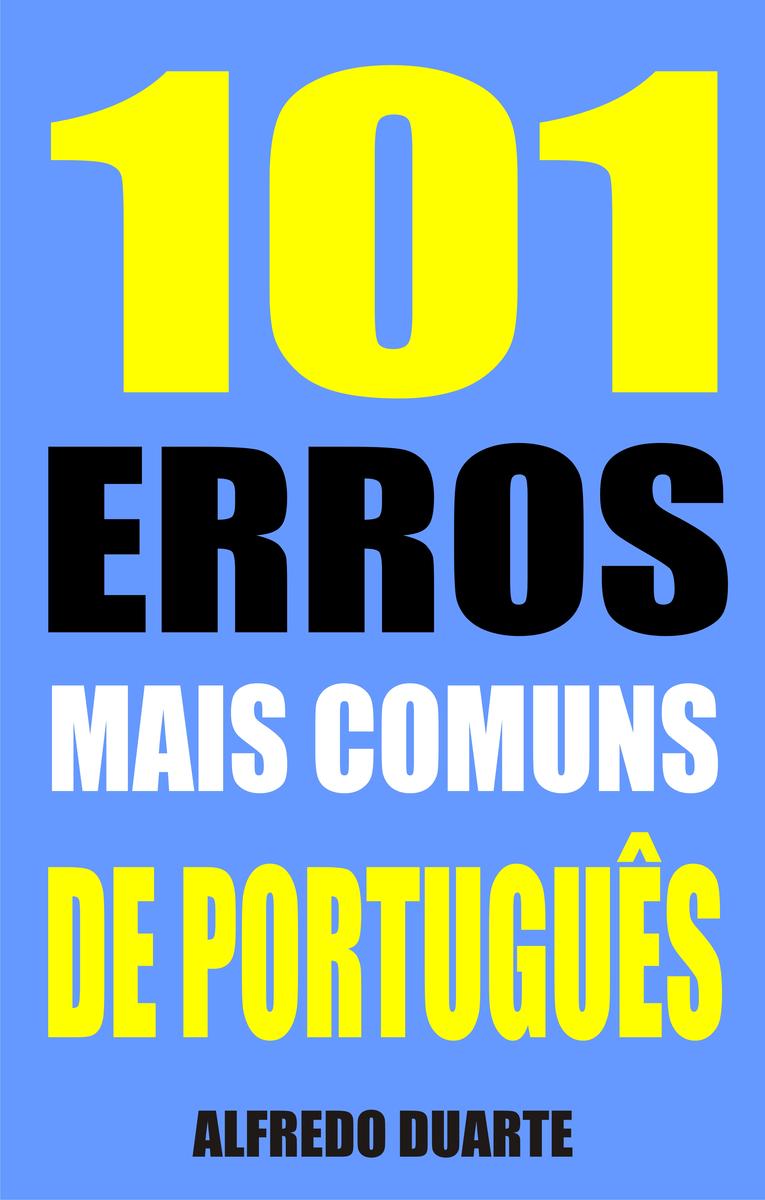
101 Erros mais comuns de português
¥8.18
101 Erros mais comuns de português

101 Xingamentos
¥8.18
101 Xingamentos

10 Maneiras de organizar a sua vida financeira
¥8.18
10 Maneiras de organizar a sua vida financeira

101 Frases legais de parachoque de caminh?o
¥8.18
101 Frases legais de parachoque de caminh?o

Ensaios de um escritor frustrado
¥8.18
Ensaios de um escritor frustrado
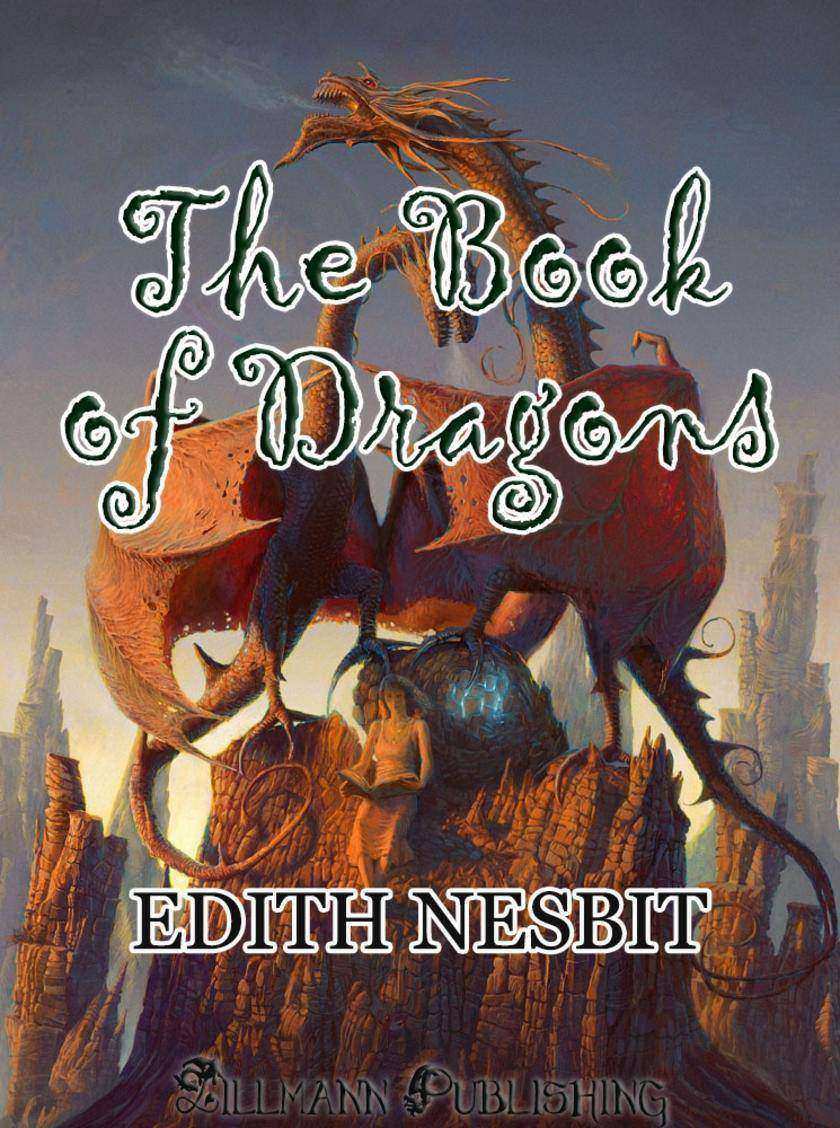
The Book of Dragons
¥8.18
Un b?ie?el singuratic ?i f?r? prieteni Un b?rbat secretos care a petrecut ani de zile ?ncerc?nd s? transforme metalele ?n aur Unul dintre cele mai mari genii ale tuturor timpurilor Toate cele de mai sus! ? Afl? mai multe despre adev?ratul Isaac Newton ?n aceast? biografie amuzant? ?i minunat ilustrat?!
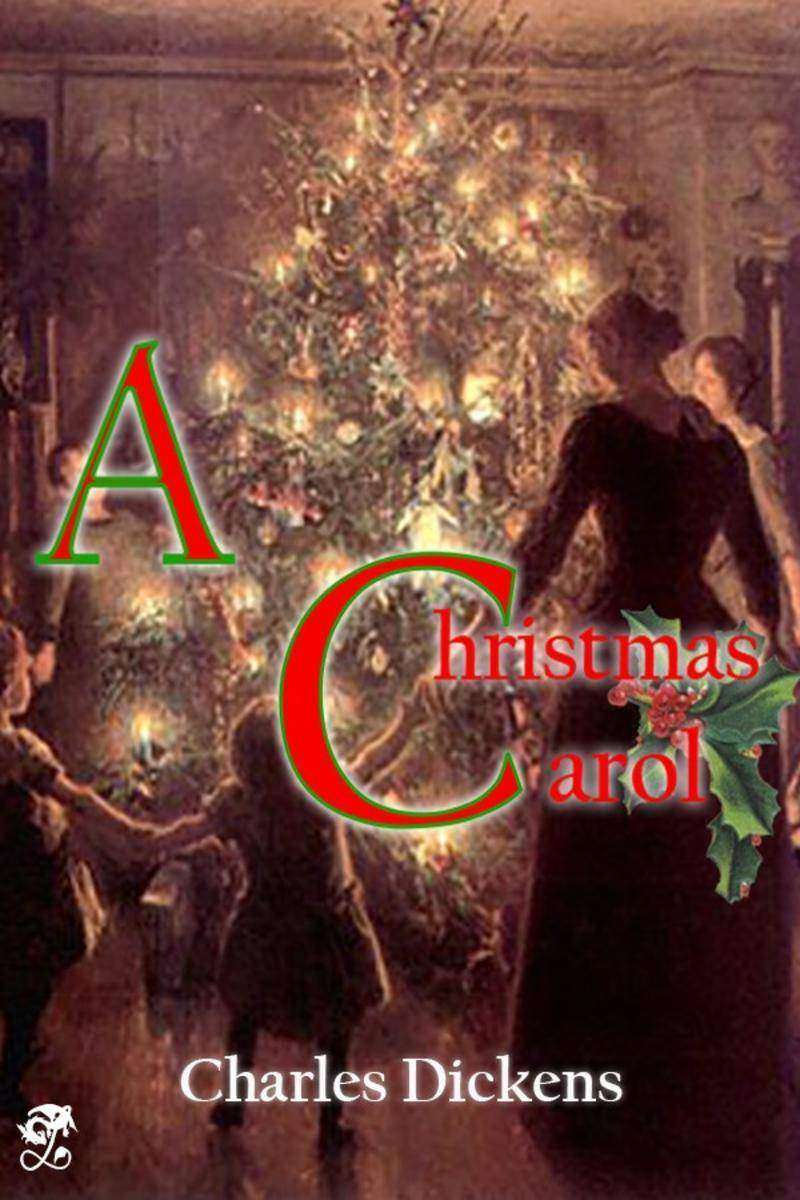
A Christmas Carol in Prose: Being a Ghost Story of Christmas
¥8.18
Soii Claudia i Haruya Sumiya sunt modele de buntate i sensibilitate. Au parcurs zeci de mii de kilometri n drumurile lor din Japonia pn n Ro-mnia, pentru salvarea cinilor fr stpn, n timp ce 90% dintre romni, spre ruinea lor, au asistat pasivi la mcelrirea a peste 300.000 de cini. Etalon pentru iubitorii de animale, cartea se adreseaz tuturor vrstelor; are i candoare, i caracter educativ, i mult nelepciune. Dac au inim, n paginile ei se regsesc oameni din toate categoriile socia-le. Judecata de valoare a doamnei Claudia Sumiya este imbatabil: ntr-adevr, toi cei care se ocup s omoare cinii, de la preedinte pn la hingherul de rnd, sunt oameni cu mintea contorsionat”. Devotai unei cauze nobile, soii Sumiya i-au salvat de la un sfrit iminent i ngrozitor pe celua Fetia din Romnia, pe motanul Sultan i pe ci-nele Sheba din Japonia. Grija lor i a iubitorilor de animale s-a ndreptat i spre eroul Ta-keshi Koizumi, condamnat la moarte pentru vina de a-i fi rzbunat cel mai loial prieten, cinele Chiro, ucis de hingheri, cu bestialitate. Cu siguran, familia Sumiya este binecuvantat cu mult fericire, pentru c iubirea revrsat ctre un animal se ntoarce nze-cit spre cel care-l iubete necondiionat. nchei prin a-i felicita pe cei doi autentici iubitori de animale i scriitori remarcabili, care ne dau permanent lecii de via: Iubim oamenii, de aceea cei mai inteligeni dintre ei spun c noi suntem cei mai buni prieteni ai lor. V mulumim c existai!“ – Marius Marinescu

10 Basic Manners for Facebook
¥8.18
10 Basic Manners for Facebook

10 Maneiras de controlar o cart?o de crédito
¥8.18
10 Maneiras de controlar o cart?o de crédito

Encontros no parque
¥8.18
Encontros no parque
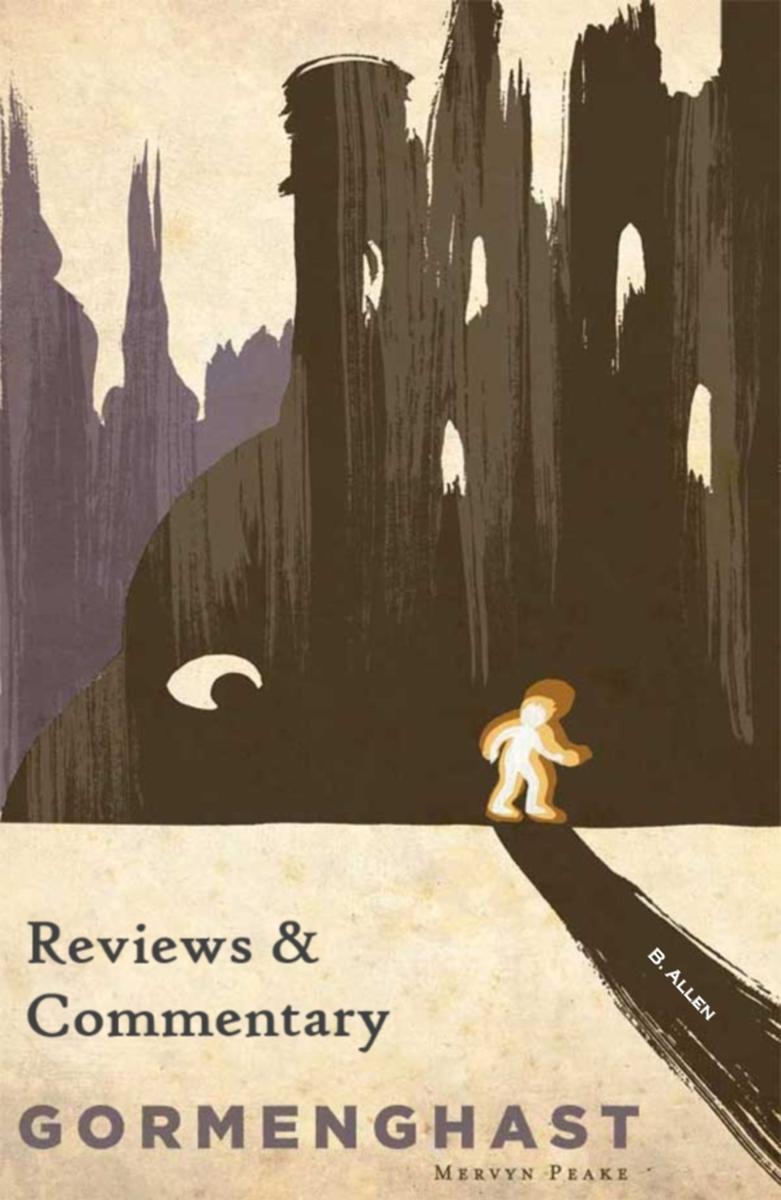
Gormenghast - Reviews & Commentary
¥8.18
Gormenghast - Reviews & Commentary

10 Perguntas básicas de entrevista de emprego e como respondê-las
¥8.18
10 Perguntas básicas de entrevista de emprego e como respondê-las




 购物车
购物车 个人中心
个人中心



